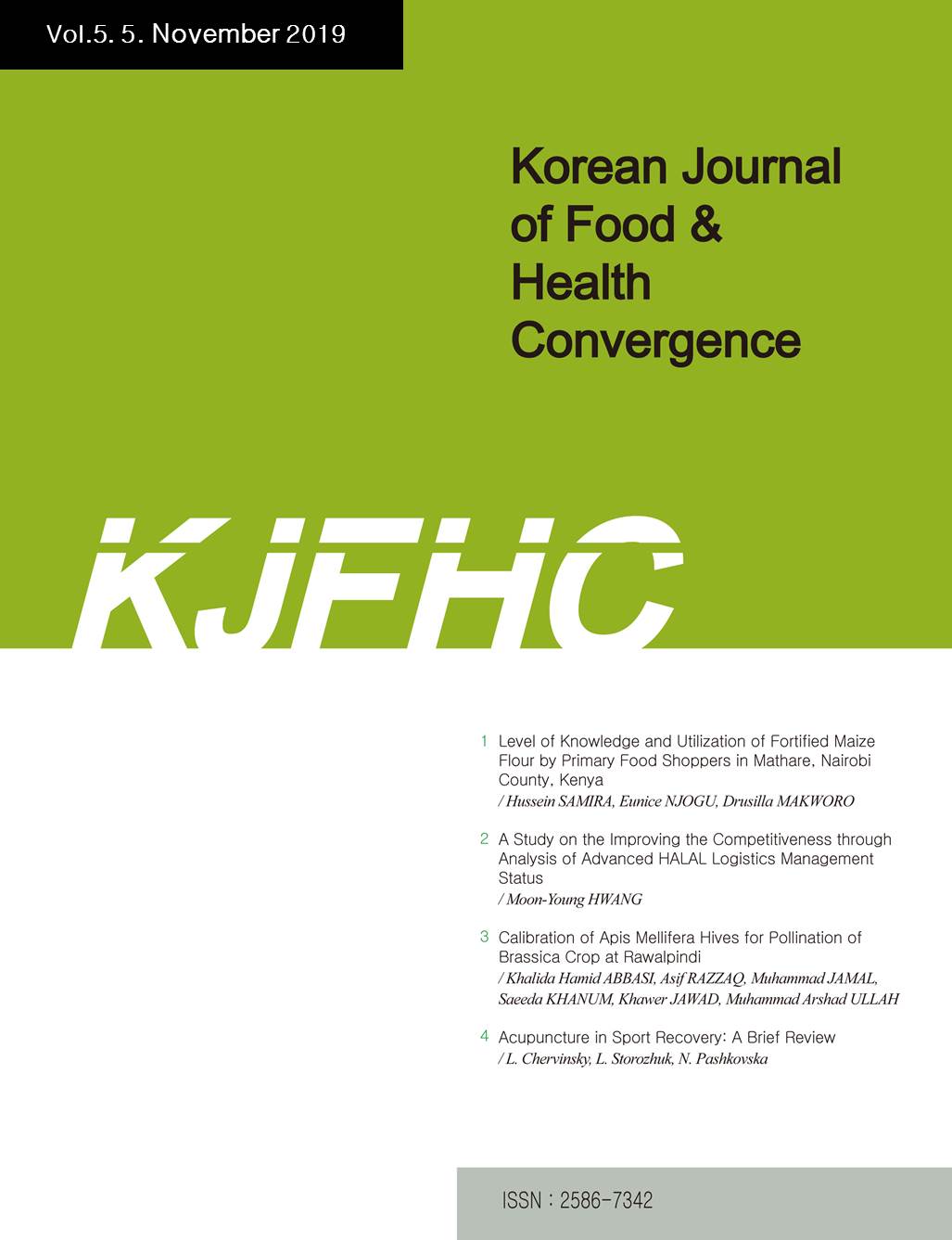 E-ISSN : 2586-7342
E-ISSN : 2586-7342
Ayalew, Emiru
Debalkie, Megbaru
Abstract
The objective of this study is to assess the effect of interpregnancy interval on fetal outcome among women with term premature rupture of membrane in public hospitals, Ethiopia, 2017. Facility based follow up study was conducted in Southern Ethiopia public hospitals from February 30, 2017 to August 20, 2017. Among 150 observed mothers with interpregnancy interval of less two years, 46.67 % (95% CI: (7.170, 29.93) of them experienced adverse birth outcome, but among 173 women with interpregnancy interval of two and above years, 5.78% (95% CI: (7.170, 29.93) of them experienced adverse birth outcome. The odds of adverse birth outcome were more among women with interpregnancy interval of less than two years (AOR=17.899, 95%CI: [6.425, 49.859]. The effect of interbirth interval of less than two years on adverse birth outcome of newborn was increased by length labor of >=24 hours, induction of labour and cesarean section delivery. Interpregnancy interval of less than two years, in collaboration with other risk factors, is the main predictor of adverse birth outcome. Therefore especial attention should be given to mothers with birth spacing by using family planning methods to reduce adverse birth outcome.
- keywords
- Interpregnancy interval, adverse birth outcome, term premature rupture of membrane
- Downloaded
- Viewed
- 0KCI Citations
- 0WOS Citations
